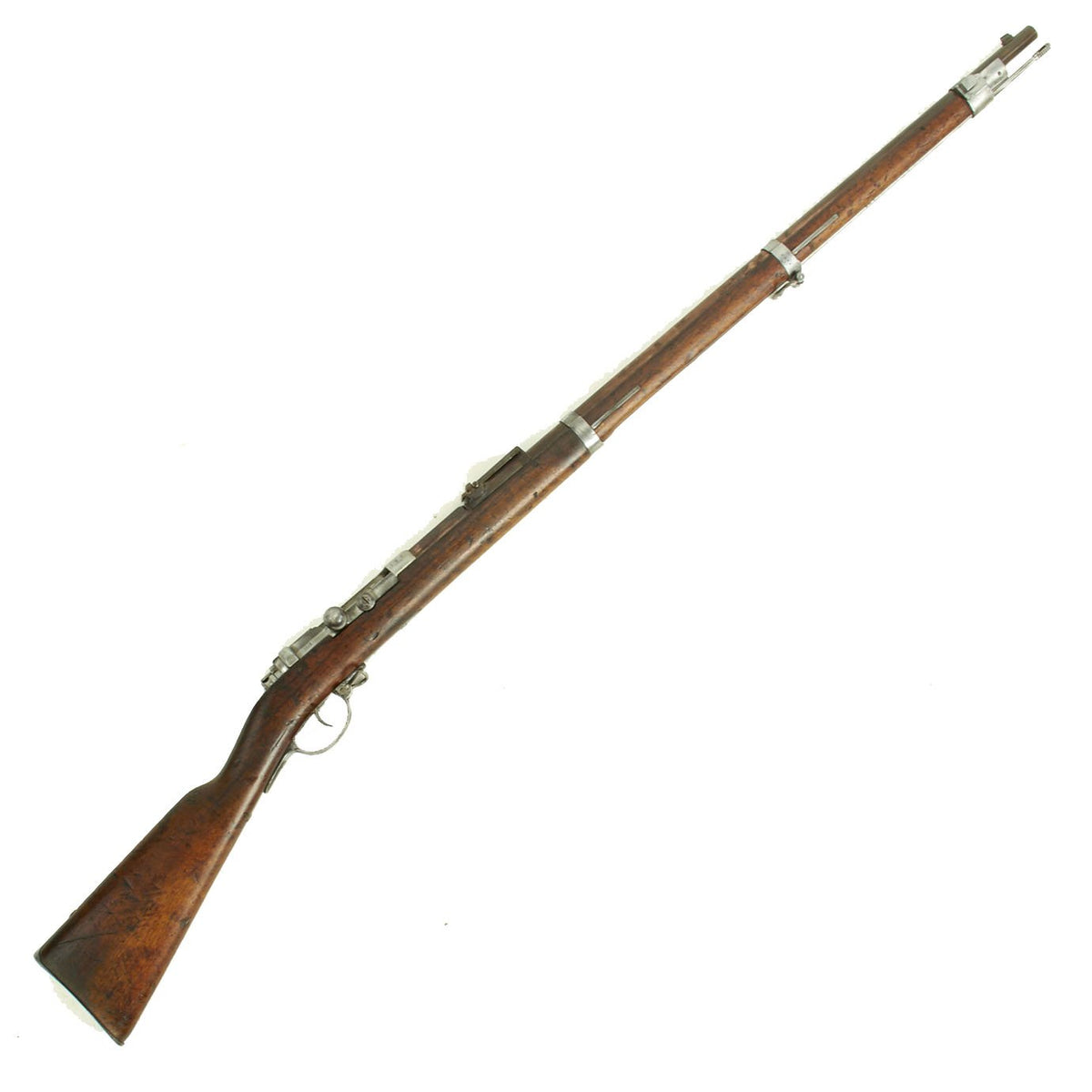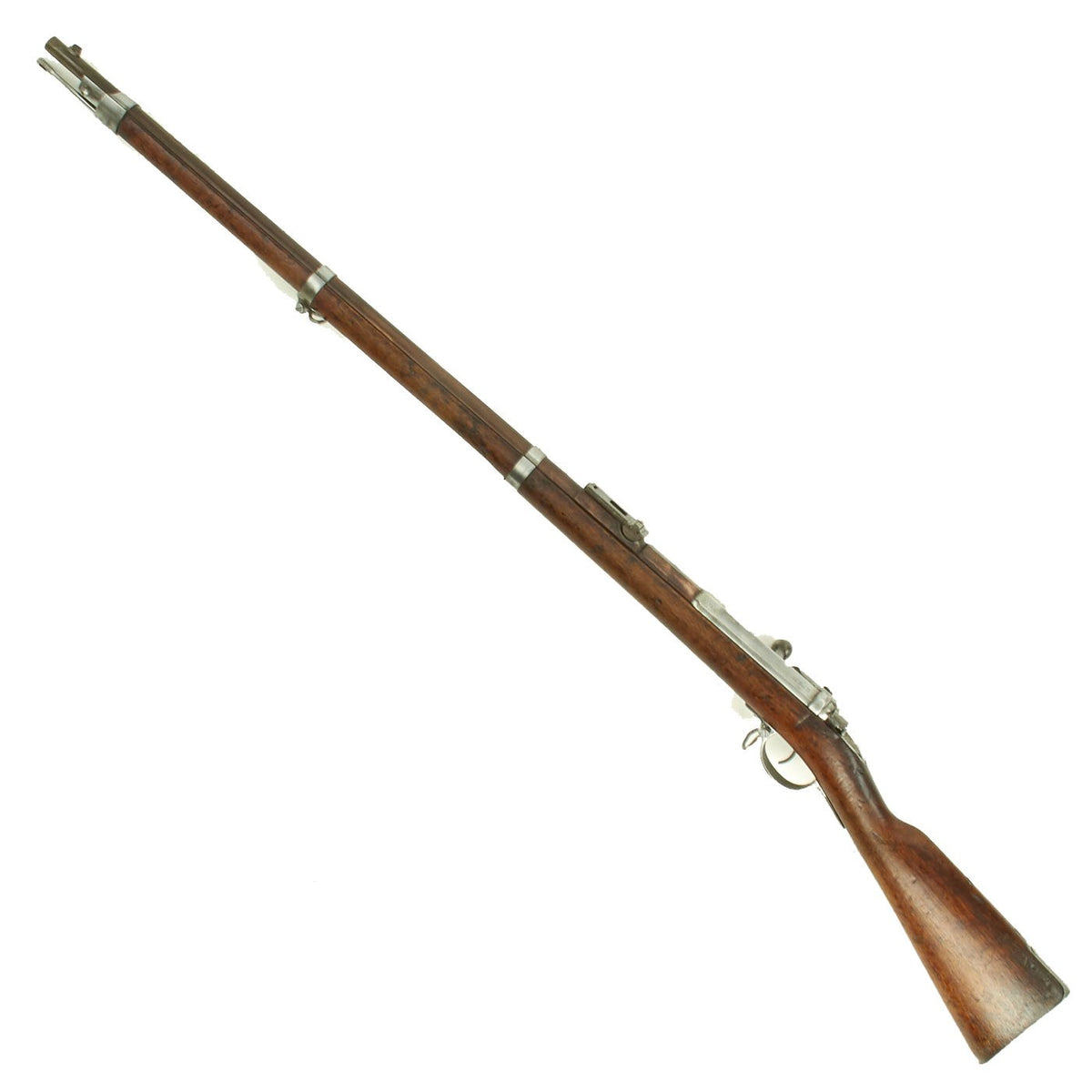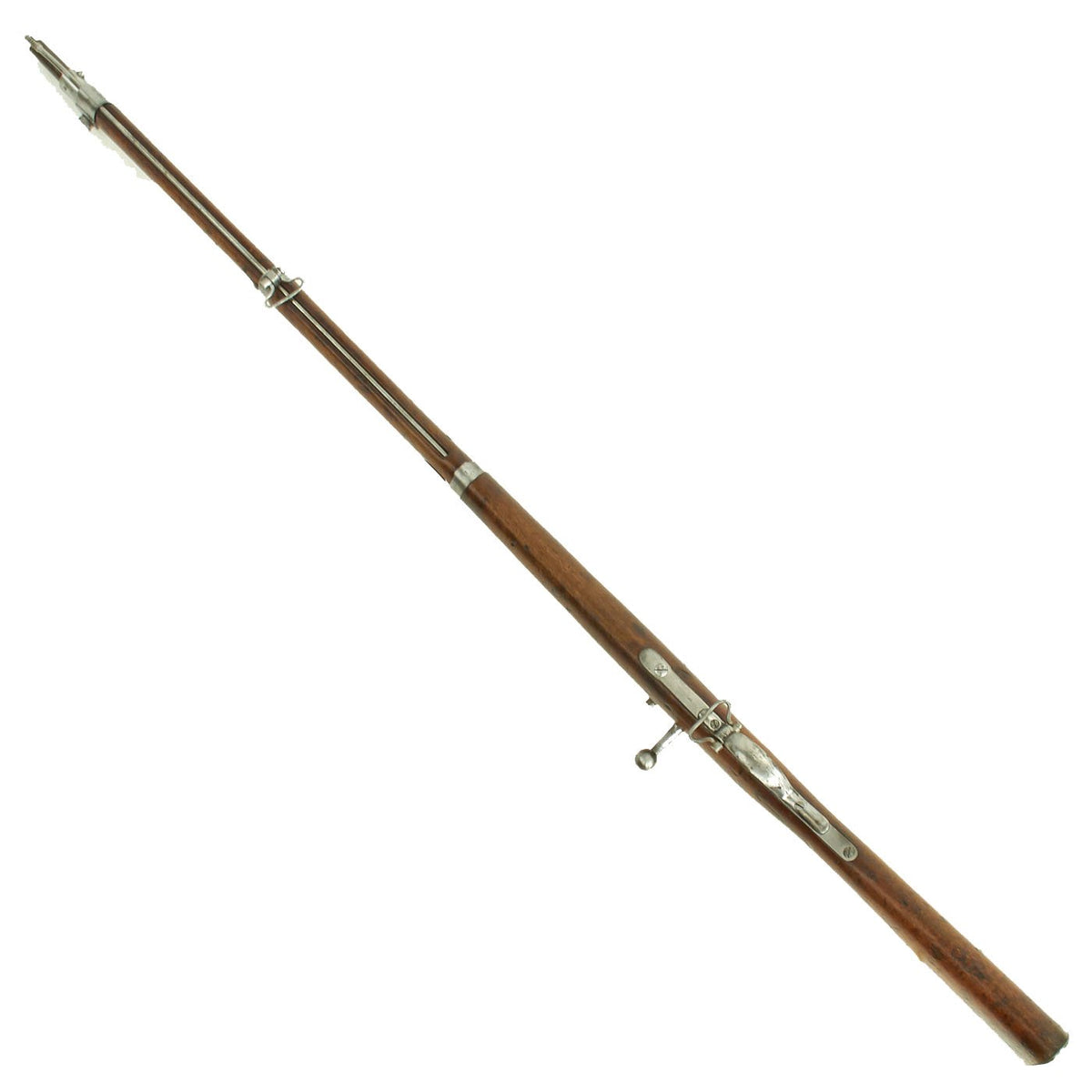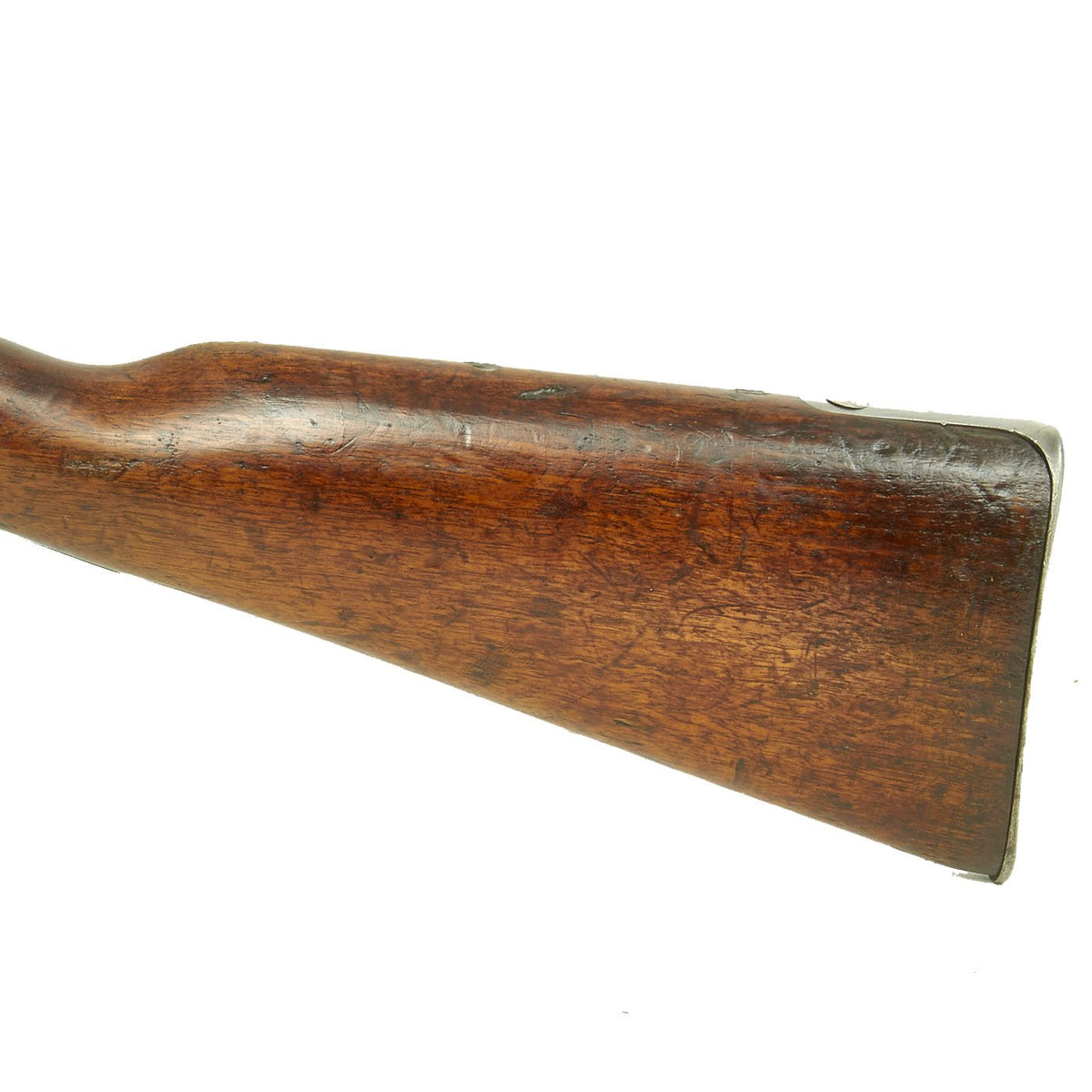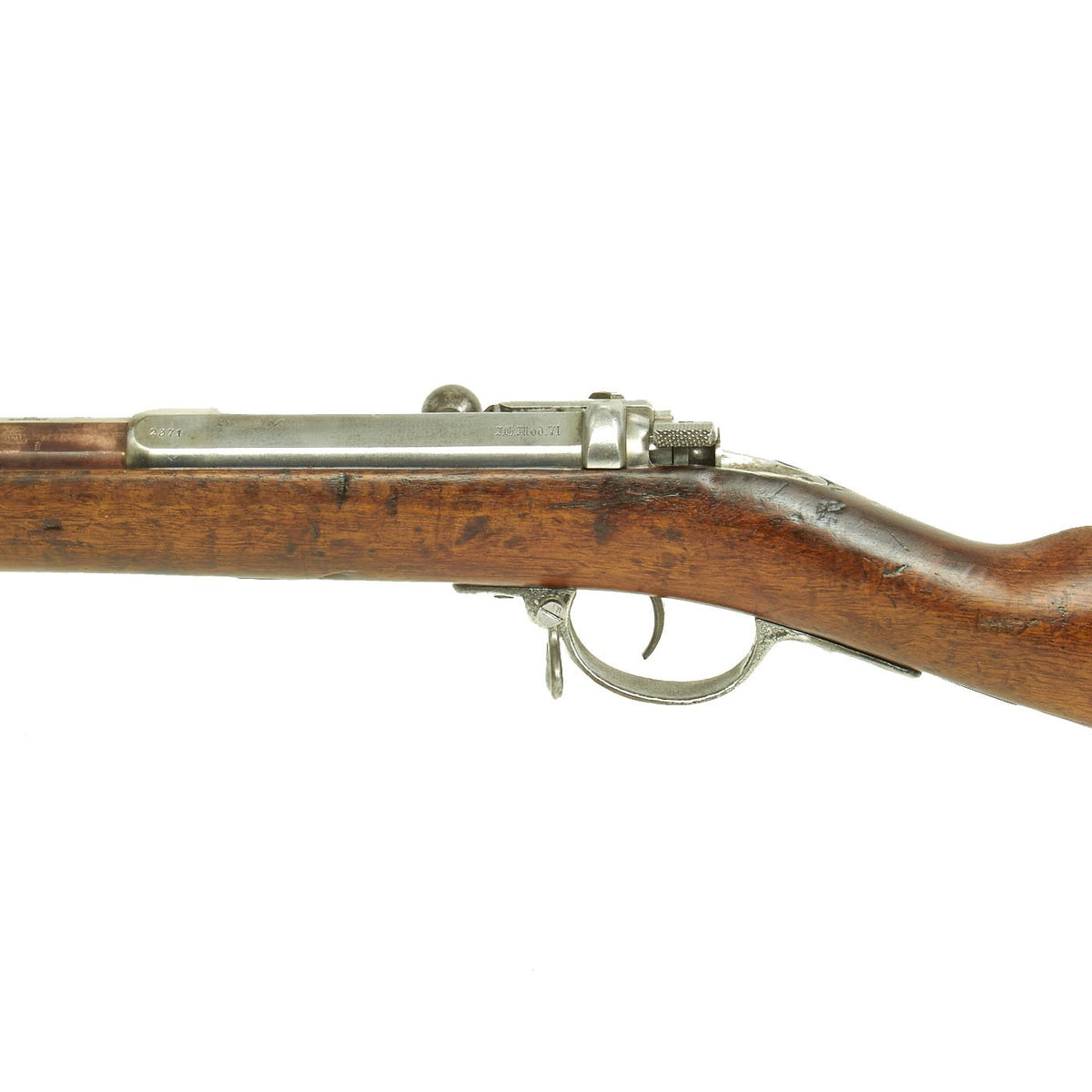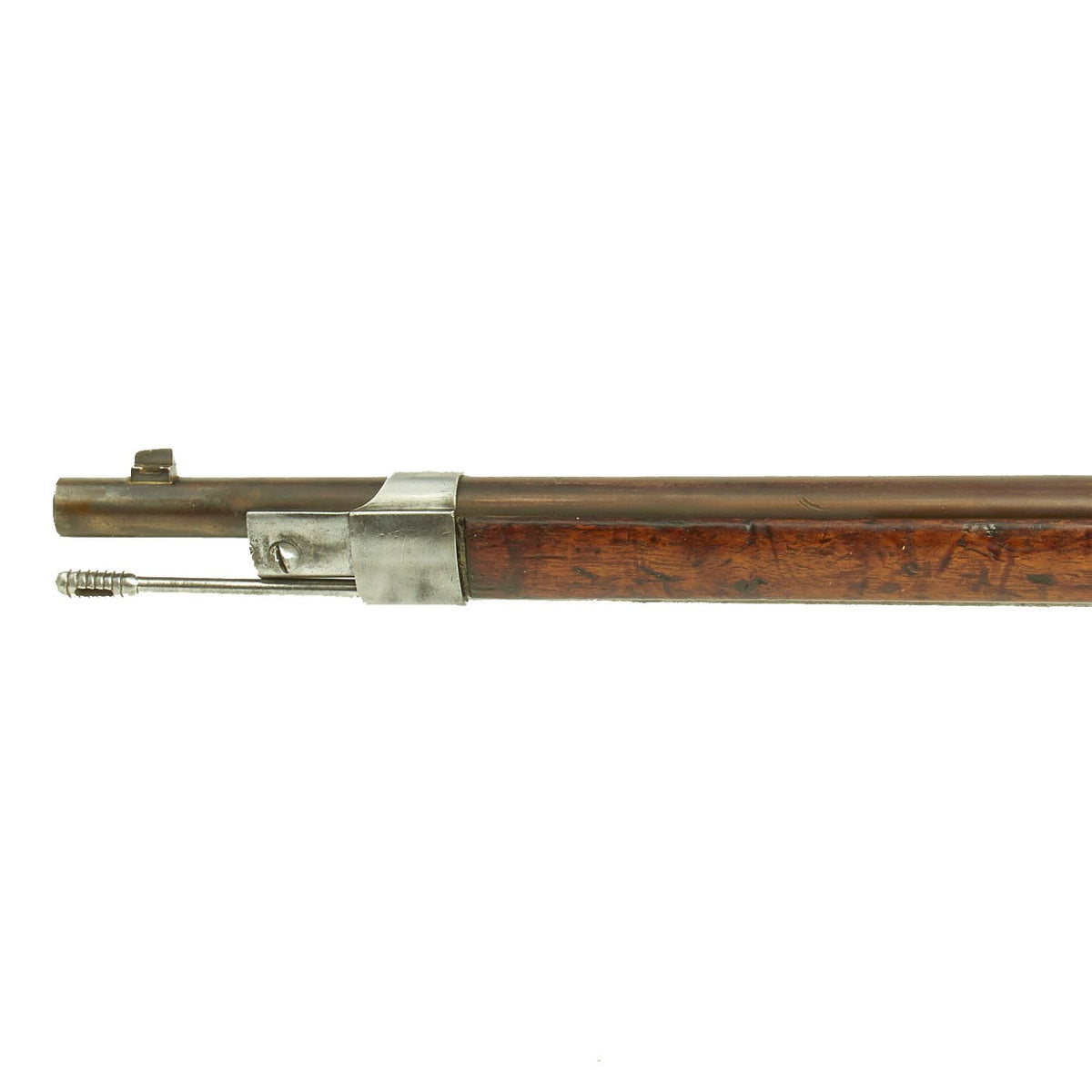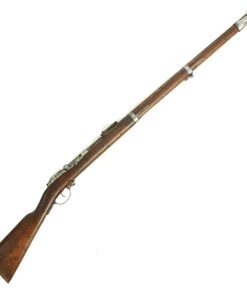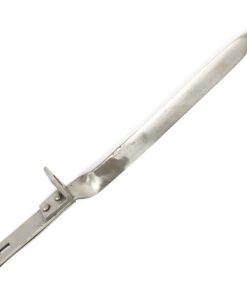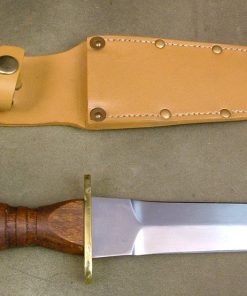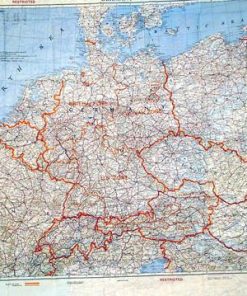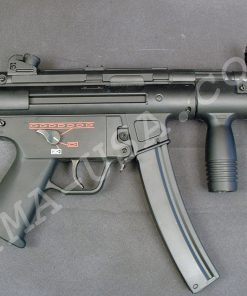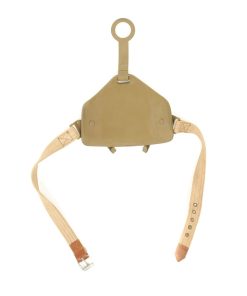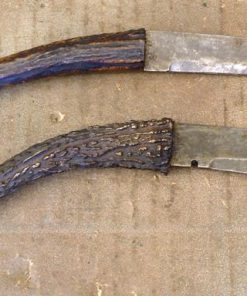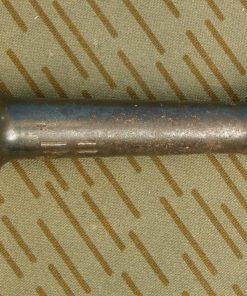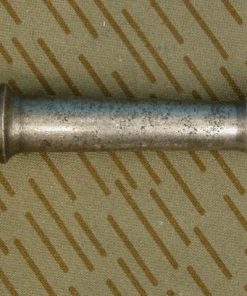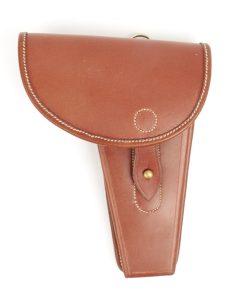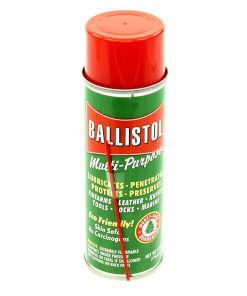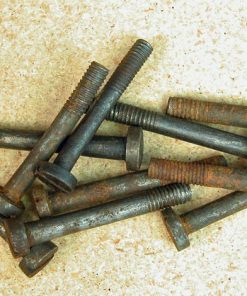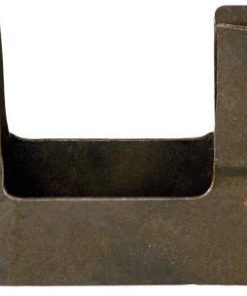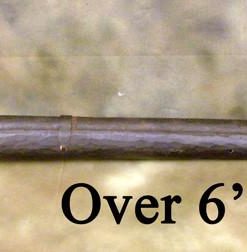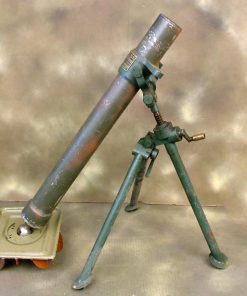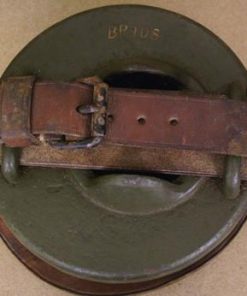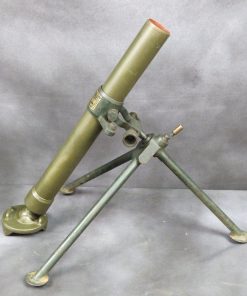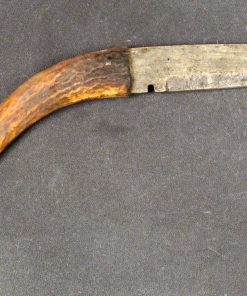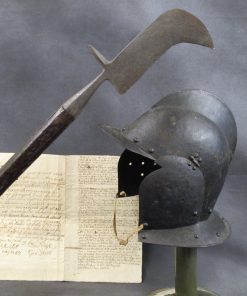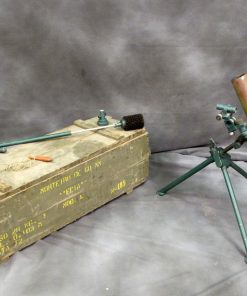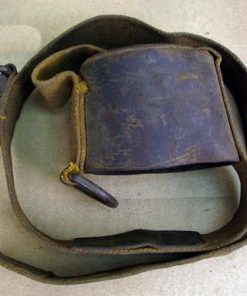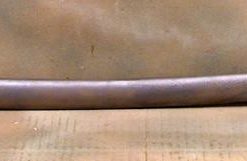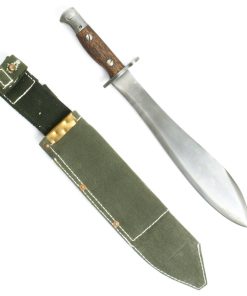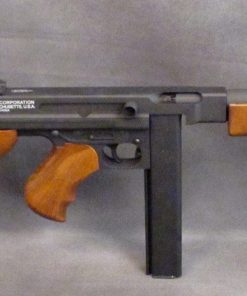Original German Mauser Model 1871 Rifle made at Erfurt Arsenal dated 1881 – Serial 2371 Original Items
$ 895,00 $ 223,75
Original Item: Only One Available. This is a very nice example of the Mauser Model 1871 Infantry Rifle, manufactured by the Erfurt Imperial Arsenal in Thuringia. It is covered with Imperial German inspection and acceptance markings, even on the wood stock, though those are faded. It bears serial number 2371 on the Barrel and Receiver, while the bolt components are marked with other numbers. Many other parts bear 2371, so most likely this was a rifle that needed a bolt replacement at arsenal, probably when being put into reserve.
The receiver is dated with 1881 and marked I. G. Mod. 71 on the opposite side in German “Black Letter” type. This stands for Infanterie Gewehr (Infantry Rifle) Model 71. The top of the barrel nocks form is marked Crown over ERFURT, for the Royal Erfurt Arsenal, located in Thuringia. Below this is the Crown over FW proof for Kaiser Wilhelm I, who used the F.W. monogram.
The Rifle comes complete with cleaning rod and is in good condition overall. The rifle still has both sling swivels intact. The exterior metal finish shows years of polishing, and is now partly dull steel, with evidence of light peppering in the past. The barrel still however has traces of the original bluing. The bore is in excellent condition, with crisp lands and grooves and a bright finish, so it was not fired much at all. The rifle cycles and dry fires correctly.
The stock looks very nice, though it has been worn down a bit, which has made the original proof marks somewhat faint. There are also numerous small dents and dings from handling. It has a lovely color and great grain, with the usual dents and other marks from years of handling and service.
Overall this is an very nice example of a German Mauser model 1871 from a German Arsenal. The perfect addition to any German Mauser collection!
History of the Mauser 1871
Adopted as the Gewehr 71 or Infanterie-Gewehr 71, or “Infantry Rifle 71 (“I.G.Mod.71” was stamped on the rifles themselves) was the first rifle model in a distinguished line designed and manufactured by Paul Mauser and Wilhelm Mauser of the Mauser company and later mass-produced at Spandau arsenal.
Paul Mauser developed his bolt-action rifle from 1866 to 1871. During 1870-71 trials with many different rifles took place, with the “M1869 Bavarian Werder” being the Mausers’ chief competitor. The Mauser was provisionally adopted on 2 December 1871, pending the development of an appropriate safety. With support from the government’s Spandau arsenal, the improvements to the safety mechanism were completed and the rifle was formally accepted on 14 February 1872 as Infantry Rifle Model 1871 by the German Empire excluding Bavaria. The action was not based on its predecessor, the Dreyse needle gun which had seen service during the Franco-Prussian War of 1870-71, and which was found to have a number of weaknesses.
The now well known Mauser “wing” type safety lever was developed for the Gewehr 71. The Gewehr 71 is a conventional looking bolt action chambered in 11mm using black powder cartridges. The action included only a bolt guide rib as its single locking lug, locking forward of the receiving bridge. The original design was a single-shot. The design was updated in 1884 with an 8-round tubular magazine designed by Alfred von Kropatschek, making this Germany’s first repeating rifle. This version was designated the Gewehr 1871/84. A version of this repeater was adopted by the Ottoman Empire. Designated the M1887, it differentiated from the M71/84 in that it had a side mounted cleaning rod, a second locking lug on the rear of the bolt, and it was in caliber 9.5×60mmR, which Paul Mauser touted as the most efficient (black powder) cartridge. In the early 20th century a few were converted to 7.65×53mm smokeless by the arsenal in Ankara.
Specifications-
Year of Manufacture: 1881
Caliber: 11x60mmR Mauser
Cartridge Type: Centerfire Cartridge
Barrel Length: 33.5 inches
Overall Length: 53 Inches
Action type: Bolt-Action
Feed System: Single Shot
NOTE: International orders of antique firearms MUST be shipped using UPS WW Services (courier). USPS Priority Mail international will not accept these.
Fast Shipping with Professional Packaging
Thanks to our longstanding association with UPS FedEx DHL, and other major international carriers, we are able to provide a range of shipping options. Our warehouse staff is expertly trained and will wrap your products according to our exact and precise specifications. Prior to shipping, your goods will be thoroughly examined and securely secured. We ship to thousands clients each day across multiple countries. This shows how we're dedicated to be the largest retailer on the internet. Warehouses and distribution centres can be located throughout Europe as well as the USA.
Note: Orders with more than one item will be assigned a processing date depending on the item.
Before shipping before shipping, we'll conduct a thorough inspection of the items you have ordered. Today, the majority of orders will be delivered within 48 hours. The delivery time will be between 3-7 days.
Returns
The stock is dynamic and we cannot completely manage it because multiple stakeholders are involved, including our factory and warehouse. So the actual stock may alter at any time. It's possible that you may not receive your order once the order has been made.
Our policy is valid for a period of 30 days. If you don't receive the product within 30 days, we are not able to issue a refund or an exchange.
You can only return an item if it is unused and in the same state as the day you received it. You must have the item in its original packaging.
Related products
Uncategorized
Uncategorized
Uncategorized
Uncategorized
Uncategorized
Uncategorized
Uncategorized
Uncategorized
Uncategorized
Uncategorized
Uncategorized
Uncategorized
Uncategorized
Uncategorized
Uncategorized
Uncategorized
Armored Burgonet Helmet & Polearm from Scottish Castle Leith Hall Circa 1700 Original Items
Uncategorized
Uncategorized
